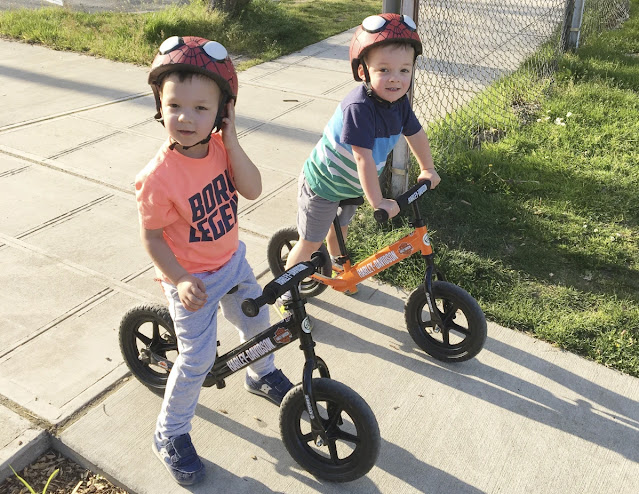The goal of reducing motor vehicle traffic in New York City—if indeed there ever was such a goal (or, more precisely, if city officials were serious about it)—seems increasingly distant.
As I mentioned in an earlier post, Governor Kathy Hochul halted congestion pricing, which would have taken effect this month.
I favor such a plan in principle. To be fair, however, I can understand the objections of contractors and other small business owners in the outer boroughs and suburbs who must bring large, heavy equipment into Manhattan every day. For them, and others, mass transportation, cycling or walking are not mere inconveniences: they are not feasible.
As a result of the Governor’s order, some mass transportation improvements (or catching up on deferred maintenance), which would have been funded by charging drivers $15 to enter Manhattan south of 60th Street, have been cancelled or deferred.
I have not heard of any cancellations or deferrals to bicycle infrastructure projects. I have to wonder, however, whether Citibike’s second price increase this year—20 percent—on eBike rentals is an indirect result of Hochul putting the kibosh on congestion pricing.

The money raised would have gone to the Metropolitan Transportation Authority, the state agency in charge of New York City’s subways and buses, some of its bridges and tunnels and suburban commuter bus and rail lines (including Metro North and the Long Island Rail Road). While Citibike doesn’t receive funds from the MTA —ironically, the bike-share program is run by the ride-share company Lyft—it is affected by street and driving conditions. For one thing, Citibike has its own fleet of vehicles to service the program. One of the reasons Citibike gave for its price increases is vehicle and insurance costs that are higher than anticipated—no doubt, at least in part, because of traffic congestion. Another is battery swapping on its eBikes: the program doesn’t have enough charging or swapping stations. (Problems in creating them are one reason why Tesla ended battery-swapping.)

